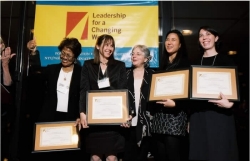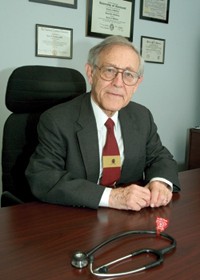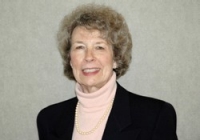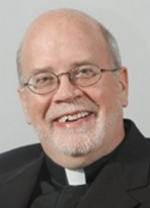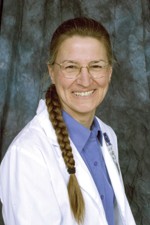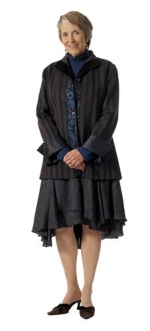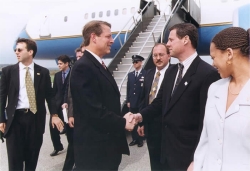by Mary Niehaus
No one experiences a life free of ethical or moral challenges. While some turn inward to reflect and seek perspective, others look to like-minded groups for support and encouragement. A few are inspired to step forward and be the ones who make a difference.
"Cincinnati Horizons" asked several University of Cincinnati alumni where their commitment to ideas and ideals has led them. Here are their stories.
Activist helps free Death Row innocents
Noreen McNulty, A&S '94
Administrator, Campaign to End the Death Penalty, Chicago
Four men sentenced to Illinois' Death Row, their confessions forced by police beatings, are free today because of the work of a Chicago grassroots organization whose administrator is a UC alumna. Noreen McNulty will never forget the January day when the men were pardoned.
"We were in downtown Chicago to hear the governor's announcement," McNulty recalls. "Afterward, we drove down to Pontiac Correctional Center, where Aaron Patterson and Madison Hobley were being held. It was an incredible moment, watching both of them walk away from the prison. Just amazing."
A student activist at UC for groups such as "Students For Troops Out Now," the anthropology grad's interest in criminal justice issues grew when she moved to Chicago. After serving as a volunteer, she became the first paid administrator of that city's chapter of Campaign to End the Death Penalty.
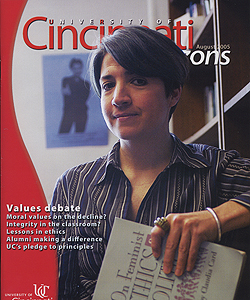
 Past Issues
Past Issues